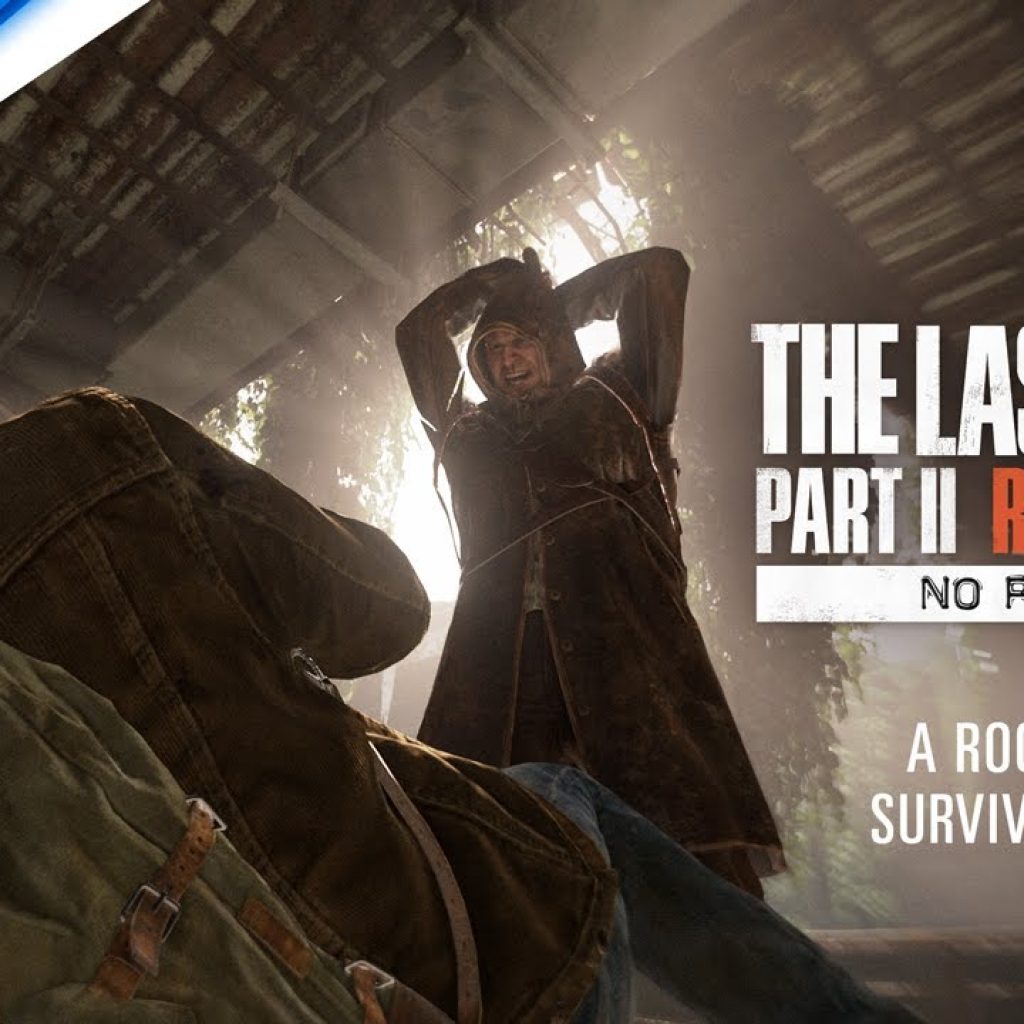Former Valve developer Chet Faliszek, known for his work on iconic titles like Portal, Half-Life 2, and Left 4 Dead, has shed light on the tumultuous development process of the renowned cooperative shooter, Left 4 Dead. In a recent interview, Faliszek revealed that despite Left 4 Dead’s seamless gameplay experience and lasting legacy, the game was plagued by internal challenges and technical issues during its creation. This revelation offers gamers and enthusiasts a unique glimpse into the behind-the-scenes struggles that shaped this beloved title.
Challenges of differentiating left 4 dead from counter-strike
During Left 4 Dead’s development, Faliszek recalled a pivotal moment when Valve’s co-founder, Gabe Newell, questioned the necessity of the game. Newell wondered why players would opt for Left 4 Dead over Counter-Strike, which was already thriving as a team-based shooter. Faliszek emphasized that Newell’s inquiry was serious and illustrated the concerns of both Valve’s leadership and the gaming community at the time.
One of the most iconic enemies in Left 4 Dead is the Hunter – an agile infected creature that pounces on players, rendering them helpless until a teammate intervenes. Faliszek revealed that there was skepticism within Valve about including the Hunter in the game. Some believed that players would find it frustrating to deal with an enemy they couldn’t fight back against. However, Faliszek and the team decided to stick to their vision, resisting suggestions to incorporate quick time events, ultimately delivering the memorable Hunter that fans have come to fear and respect.
Technical challenges and engine issues
Left 4 Dead faced significant technical challenges during development, with the game engine itself being described as “broken.” Valve engineers and programmers worked tirelessly to meet the game’s performance targets, including supporting up to 30 infected on-screen simultaneously. Faliszek disclosed that the engine, as it existed at the game’s launch, necessitated the development of Left 4 Dead 2. The game engine had numerous issues, such as loading maps multiple times in the background, highlighting the Herculean effort required to make Left 4 Dead a reality.
Mod support and the transition to left 4 dead 2
While Left 4 Dead achieved critical acclaim and garnered a dedicated player base, it had its limitations. The game’s engine issues made it unsuitable for extensive mod support, something Valve is known for. As a result, Valve made the tough decision to transition mod support to Left 4 Dead 2, which had a more stable foundation. Faliszek explained that Left 4 Dead 1 would have been too unstable to support the robust modding community that Valve desired, necessitating the “big reset” with the sequel.
Chet Faliszek left Valve in 2017, but his impact on the gaming industry continues. He and his team at Stray Bombay are preparing to launch “The Anacrusis,” a new co-op shooter with a 1970s sci-fi aesthetic that challenges players to survive against hordes of AI-controlled aliens. Faliszek’s departure from Valve marked the end of an era, but his creative journey is far from over.





